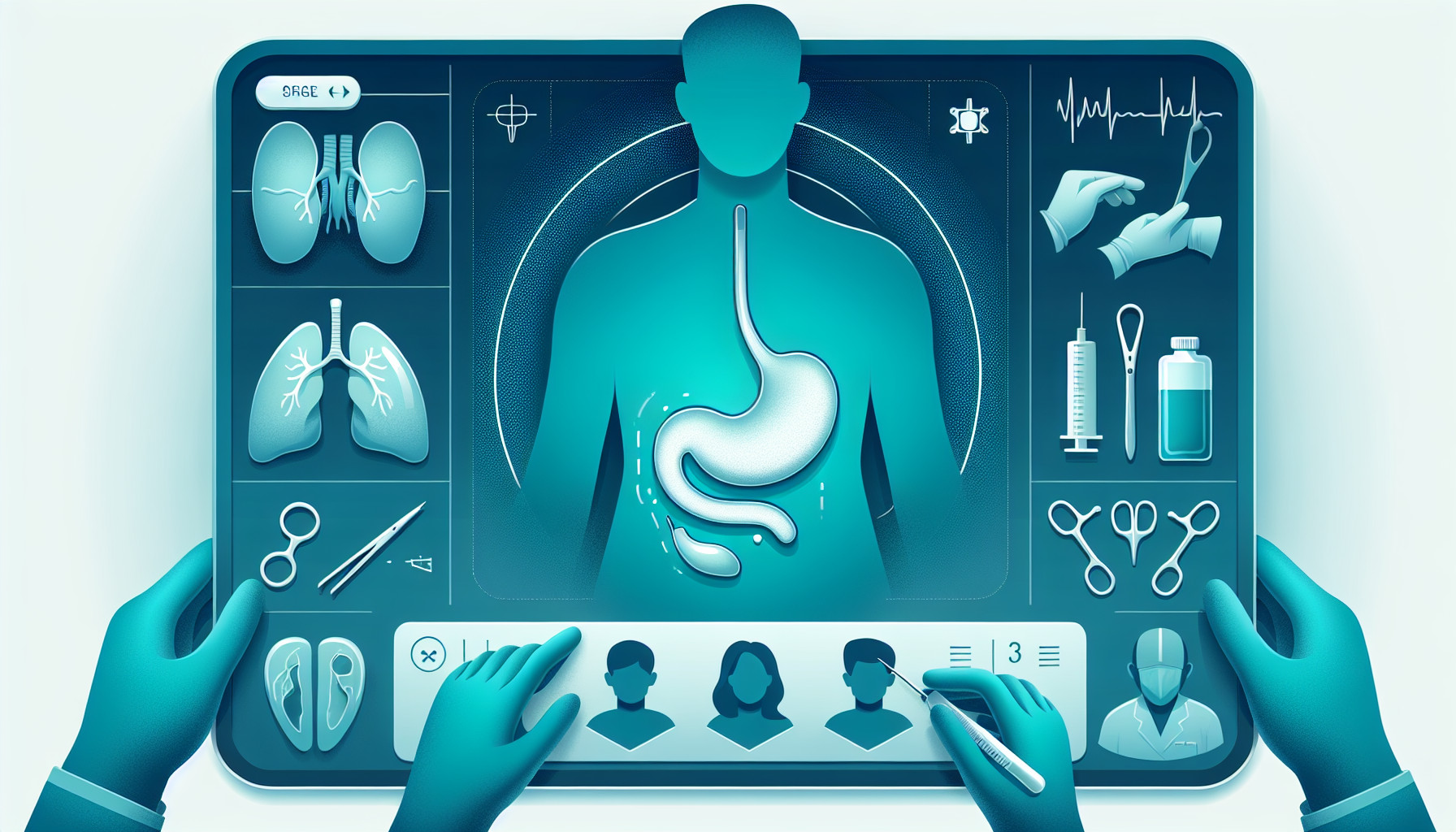Our Summary
This research paper discusses the issue of liver damage that can occur during a gallbladder removal surgery, which can sometimes require a liver transplant. The authors reviewed past studies on patients who had liver transplants due to such injuries. They found that death within 90 days of the transplant was reported in about 41% of the studies, and nearly 13% of the patients. Serious complications occurred in at least 26% of patients. However, the one-year and five-year survival rates were promising, ranging from about 77 to 84% and 67 to 83% respectively. The authors also shared their own experience with treating 14 patients who had liver damage from gallbladder surgery, two of whom needed liver transplants. While the short-term risks are substantial, the longer-term survival rates are encouraging. Further research is needed to better understand the link between different types of liver damage, the need for transplant, and the outcomes of liver transplants in these cases.
FAQs
- What is the risk of liver damage during a gallbladder removal surgery?
- What is the survival rate after a liver transplant due to liver damage from gallbladder surgery?
- What further research is needed to understand the link between liver damage, the need for transplant, and the outcomes of liver transplants?
Doctor’s Tip
After a cholecystectomy, it’s important to follow your doctor’s instructions for recovery, including taking any prescribed medications, eating a low-fat diet, and gradually increasing physical activity. It’s also important to watch for signs of complications, such as persistent abdominal pain, fever, jaundice, or vomiting, and to seek medical attention if you experience any of these symptoms.
Suitable For
Patients who are typically recommended cholecystectomy, or gallbladder removal surgery, include those with:
- Gallstones causing symptoms such as severe pain, inflammation, infection, or blockage of the bile ducts
- Chronic inflammation of the gallbladder (chronic cholecystitis)
- Gallbladder polyps
- Gallbladder cancer
- Biliary dyskinesia (abnormal gallbladder function)
- Choledocholithiasis (stones in the bile ducts)
- Pancreatitis caused by gallstones
It is important for patients to discuss their specific condition and treatment options with their healthcare provider to determine if cholecystectomy is the best course of action for their individual case.
Timeline
Before Cholecystectomy:
- Patient experiences symptoms of gallbladder issues such as abdominal pain, nausea, vomiting, and bloating.
- Patient undergoes diagnostic tests such as ultrasound and blood work to confirm the need for surgery.
- Patient consults with a surgeon to discuss the risks and benefits of cholecystectomy.
- Surgery is scheduled and patient may need to follow a special diet or take medications leading up to the procedure.
After Cholecystectomy:
- Patient undergoes the surgical procedure to remove the gallbladder.
- Patient is monitored in the recovery room and may stay in the hospital for a day or two post-surgery.
- Patient may experience pain, discomfort, and bloating in the days following surgery.
- Patient is advised to gradually resume normal activities and follow a specific diet to aid in digestion without a gallbladder.
- Patient follows up with the surgeon for a post-operative check-up and to discuss any concerns or complications.
What to Ask Your Doctor
What are the potential risks and complications associated with cholecystectomy?
How likely is it that liver damage may occur during the surgery?
What steps will be taken to minimize the risk of liver damage during the procedure?
What symptoms should I watch out for after the surgery that may indicate liver damage?
How will liver damage be diagnosed and treated if it occurs during or after the surgery?
What is the likelihood that I may need a liver transplant if liver damage occurs during the surgery?
How successful are liver transplants in patients who have undergone cholecystectomy-related liver damage?
What are the short-term and long-term survival rates for patients who undergo liver transplant due to liver damage from cholecystectomy?
Are there any lifestyle changes or precautions I should take to prevent liver damage after cholecystectomy?
Are there any alternative treatment options available that may reduce the risk of liver damage during cholecystectomy?
Reference
Authors: Guidetti C, Pang NQ, Catellani B, Magistri P, Caracciolo D, Guerrini GP, Pecchi A, Di Sandro S, Di Benedetto F. Journal: Int J Surg. 2023 Jul 1;109(7):2120-2128. doi: 10.1097/JS9.0000000000000430. PMID: 37288548
